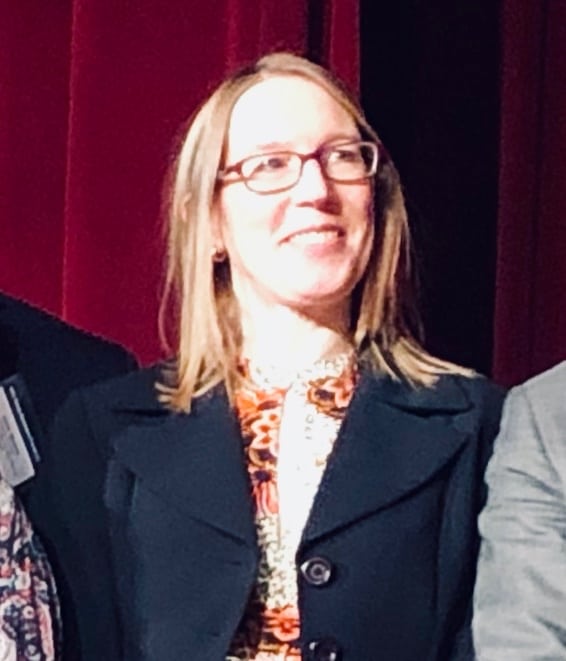 Earlier today the SEC Small Business Capital Formation Advisory Committee held a meeting on facilitating access to capital to underserved segments of the country. As most people understand, small businesses and entrepreneurs drive the majority of job growth and wealth creation. While policies that encourage access to capital for risk-taking entrepreneurs remain key to a good economy, today much of the capital formation occurs in concentrated jurisdictions like the Bay area in California or New York City. Even more challenging than flyover country is providing access to capital for underserved markets like minorities and women.
Earlier today the SEC Small Business Capital Formation Advisory Committee held a meeting on facilitating access to capital to underserved segments of the country. As most people understand, small businesses and entrepreneurs drive the majority of job growth and wealth creation. While policies that encourage access to capital for risk-taking entrepreneurs remain key to a good economy, today much of the capital formation occurs in concentrated jurisdictions like the Bay area in California or New York City. Even more challenging than flyover country is providing access to capital for underserved markets like minorities and women.
In opening remarks, SEC Commissioner Hester Peirce suggested several improvements to the exempt offering ecosystem that have long been discussed. Included on her list is the issue of Finders, the definition of an Accredited Investors, and a micro-exemption.
Commissioner Peirce said that past Committee panels and discussions have helped her to think about ways to ensure that “capital is able to reach communities that have previously seen little capital flowing their way.”
“We have heard how most money comes from people within a founder’s own community, so we need both to empower and expand founders’ communities by embracing technology and maintaining open minds,” said the Commissioner.
More specifically, Commissioner Peirce made the following recommendations:
- Allow for greater flexibility in determining who is an accredited investor. An entrepreneur who is plugged in to a network of financially sophisticated people should be able to go to those people for funding, even if they are not wealthy enough to meet our financial thresholds. We need to open additional doors to accredited investor status, such as educational credentials. We laid the groundwork for such an opening in our most recent accredited investor rulemaking. Now we need to act on it, and the Commission specifically invited this Committee to “make further recommendations, including additional certifications, designations, or credentials that further the purpose of the accredited investor definition.”
- Establish a framework for finders. The Commission proposed a framework last year and received quite a few comments. One of those commenters explained that the proposal would “enabl[e] less well-off entrepreneurs to raise capital more efficiently [and] will on balance be good for society.” The Angel Capital Association observed that “in some cases, Finders can provide a specific role in facilitating capital formation for nascent, early-stage small businesses that often struggle to find cost-effective methods to raise funds beyond their immediate circle of family and friends . . . particularly . . . in smaller, less urban locales where the density of accredited investors is limited” Some other commenters were not as favorable, and many commenters suggested helpful changes.
- Create a streamlined micro-offering exemption. One of the refrains from prior meetings is that access to early money is essential, and, for many founders, a bank loan or dipping into personal savings are impossibilities. A micro-offering exemption could allow an entrepreneur to raise $250,000 or $500,000 with only a simple notice-filing requirement (to allow us to monitor its use) and anti-fraud protection for investors.
Now each of these recommendations has been hoisted up the policy flagpole in the past but have yet to make it across the regulatory, or legislative, finish line. The definition of an accredited investor should clearly be based on sophistication; Finders has long needed regulatory clarify and it makes sense to provide bright-line rules, and a micro-exemption has been floated in Congress but has not been able to garner sufficient votes to become law. Each of these recommendations could be of benefit to underserved markets, along with the broader ecosystem (including flyover country). Perhaps this Commission will pursue Commissioner Peirce’s suggestions.

